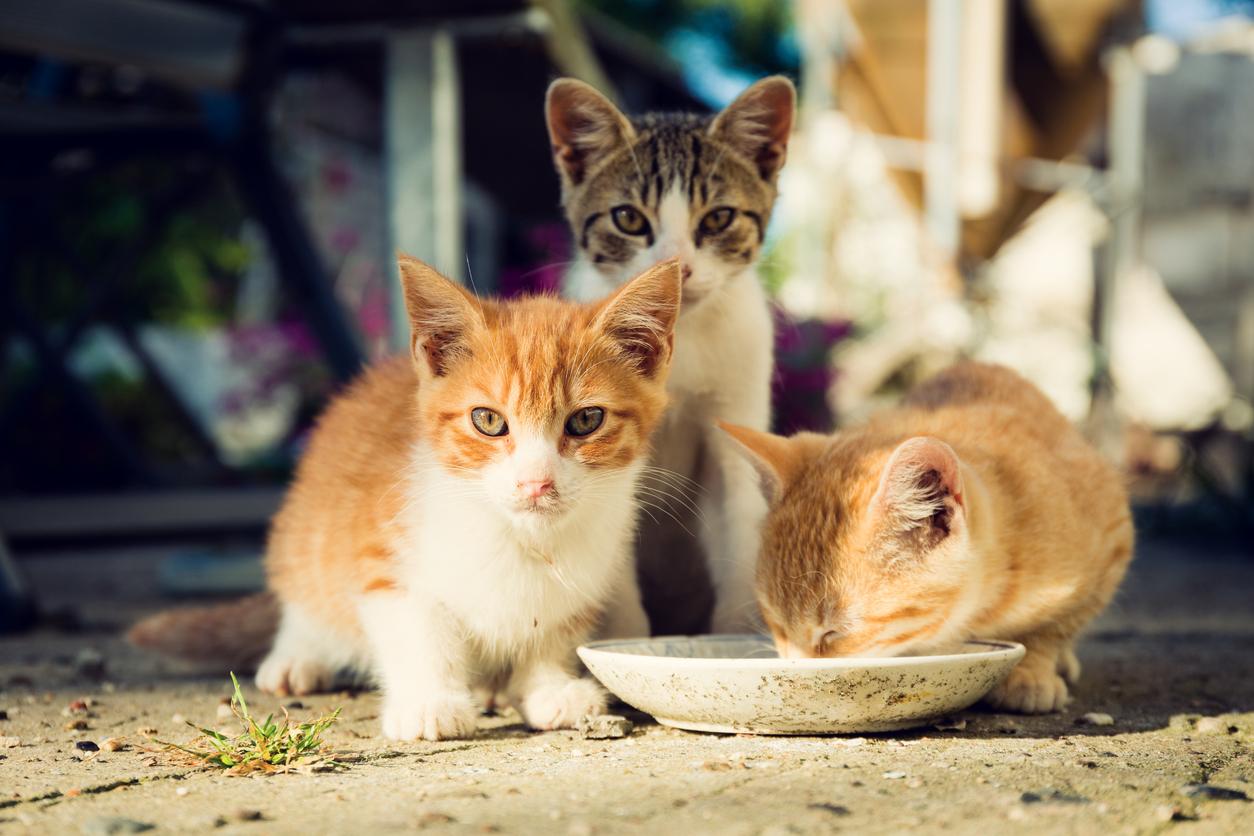Faced with the scale of the epidemic, the Chinese authorities have decided to close the markets in endemic areas.

Bird flu is not abating in China. Within a month, the virus killed 87 people, authorities said. The cases are concentrated in the south-central part of the country, in the densely populated deltas of the Yangzi jiang and Pearl rivers, between Shanghai and Hong Kong. In these regions, winters are mild and humid – a climate conducive to the spread of the virus. More than 250 infections have been detected in 16 provinces and regions.
The official press reported on Friday that the National Commission for Family Planning and National Health ordered the closure of poultry markets “wherever the H7N9 strain of bird flu has been detected,” reports the AP agency. Nearly 300 markets and slaughterhouses have been closed in the southwestern city of Suining, where authorities are also cracking down on black market poultry sales.
30% of contaminated poultry
In China’s third largest city, Guangzhou, more than 30% of live poultry sold in markets carried the virus, state press reported on Saturday. Local leaders have suspended transactions for three days to try to stem the problem.
Authorities will train healthcare workers to detect and treat the disease. They ask the population to avoid any contact with live poultry.
Animal contact infection
According to the World Health Organization (WHO), however, the strain is less virulent than the H5N1 strain, which has killed hundreds of people around the world for ten years.
“The majority of human cases of infection are associated with direct contact with animals or contaminated environments, but they do not result in effective human-to-human transmission of these viruses. There is no data to prove that avian influenza viruses or other zoonotic influenza viruses can be transmitted to humans through properly cooked food, ”says the agency on its website.
In humans, “avian influenza and other zoonotic influenza cause manifestations ranging from mild conjunctivitis to severe pneumonia, and they can sometimes lead to death.”
.

















